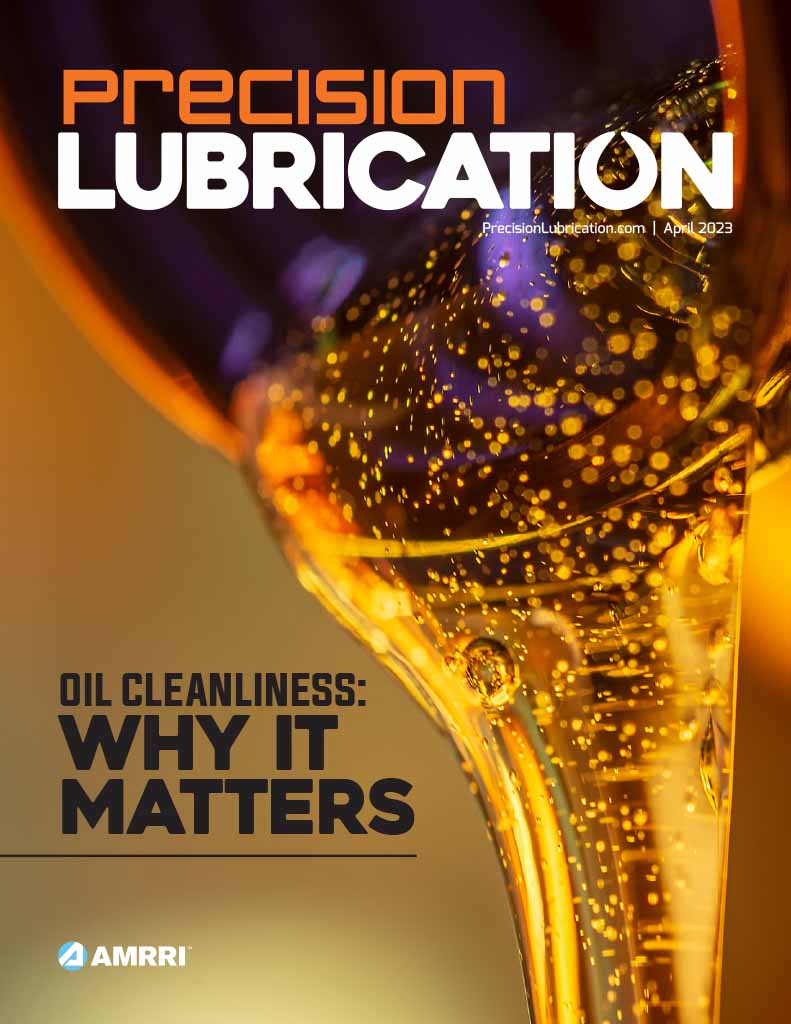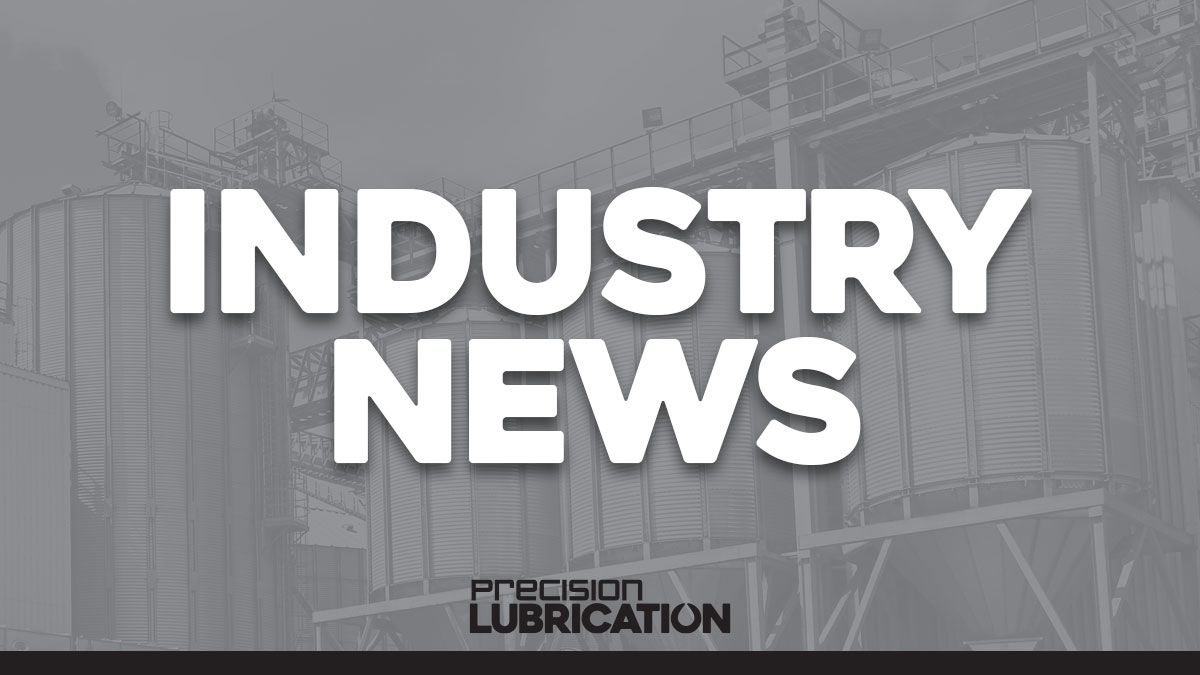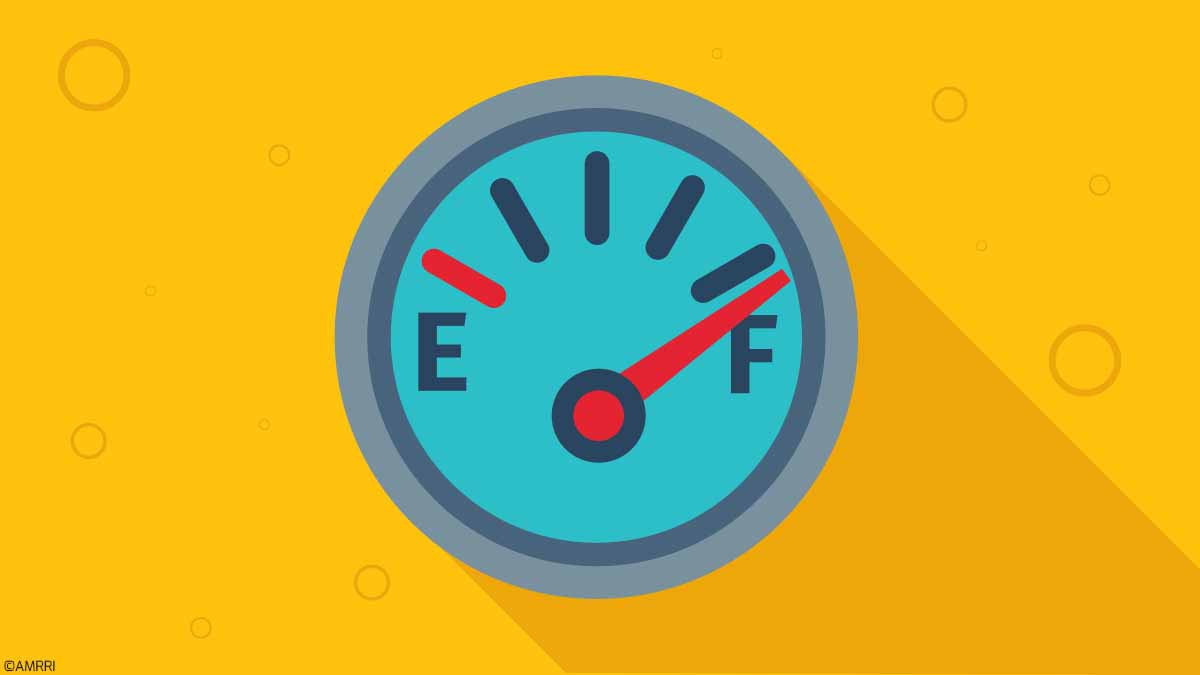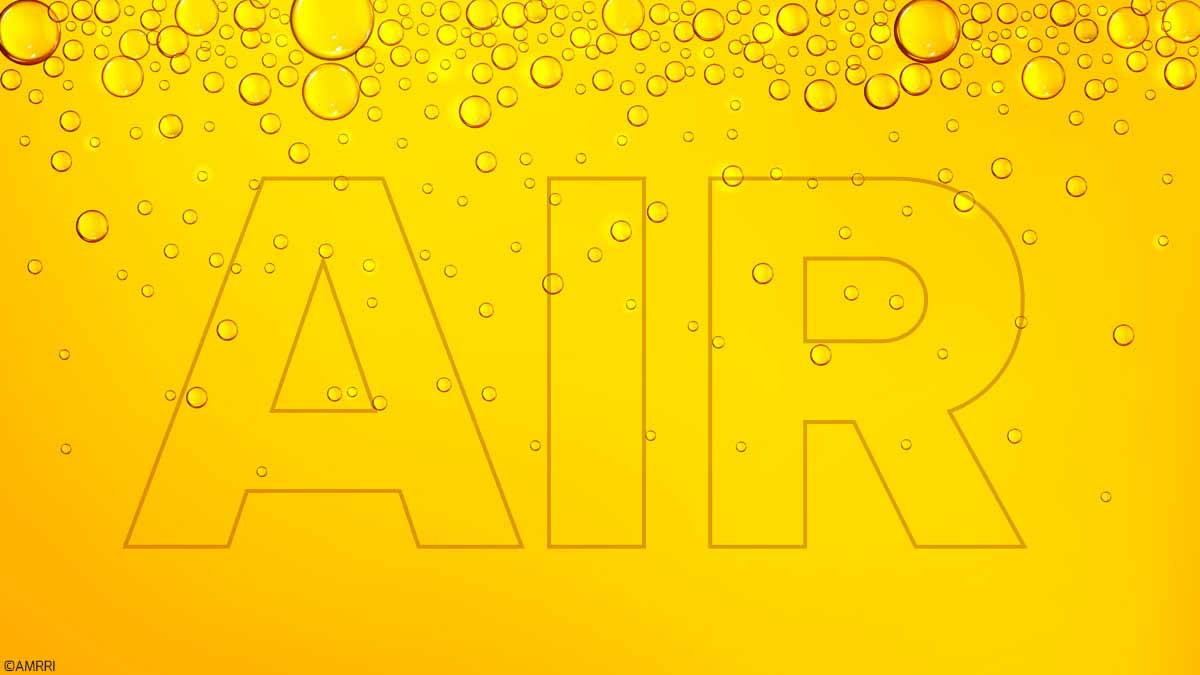Welcome to Precision Spotlight, our fresh Q&A series where we shine a light on industry professionals, delving into their insights and experiences in the world of lubrication. In this Precision Spotlight we interview one of our Editorial Advisory Board Members, Rafe Britton.
How did you get started in the lubrication industry?
Like many people, by accident! I was working as a Drilling Engineer for ExxonMobil on the PNG-LNG project. When it ended, we discovered that my wife was pregnant with our first child, and I wanted to move home.
My boss was kind enough to scout internally for a job and found a role as a Lubrication Engineer, and I could be based out of my home. I can remember my reaction to this day – “That’s great! What’s a lubrication engineer?”
But once in, I was hooked. The fact that I get to see “how the sausage is made” in so many industries makes this the most exciting job in the world.
As an industry, we can be humble enough to admit that no kid grows up wanting to be a lubrication engineer. Still, we can make a good case for being one that retains the most people that fall into it by accident.
What is your area of expertise within the field of lubrication?
I’m a bit of a jack-of-all-trades. If I had to pick something technical, it would be the lubrication of gas engines—particularly oil analysis.
Gas engine operators live and die by the quality of their sampling program, so I like to help teams perfect sampling techniques and schedules and then help with the data analysis and interpretation on the back end to get the most out of their assets.
If it’s non-technical, then I’d say communicating through video. I’ve spent much time trying different techniques on my channel, “Lubrication Explained,” and I like to think I’ve improved how I explain concepts over the years.
This has all culminated in my training platform – “Lubrication Explained Pro,” where I’m creating application-based online training content for the industry.
What are some emerging trends in the lubrication industry that you find most exciting?
Sustainability is a big one, mostly because I think it’s driving improvements in the reliability of plant equipment. Most of the sustainability efforts in the lubrication industry focus on increasing equipment life, oil life, energy efficiency benefits, and diverting waste streams from re-use. All of those things make businesses economically more sustainable.
The next card to fall is the use of more sustainable lubricants.
Most industrial lubricants today are mineral oils or petrochemical-derived synthetics. Several startups are innovating with different (mostly ester) base oils and bio-based additive chemistries.
Still, it will require OEMs to get on board with the new formulations before we see wide adoption. That would be an exciting change because the chemistry fundamentally differs from what we’re currently working with, and the industry would need a long time to adjust.
If you were to be described as an industrial lubricant, which one do you think you would be?
A synthetic circulating oil. Pretty good at doing most things, but not a specialist in any particular item. As an aside – circulating oils are highly underrated. A good one can often help rationalize many products as they can simultaneously serve as bearing lubricants, circulating oils, compressor oils, and light-duty gear oils. You’d usually be hard-pressed to tell the difference in performance between a good circulating oil and its more specialized cousins.
How do you stay updated on the latest research and advancements in the lubrication industry?
I subscribe to Precision Lubrication Magazine! In all seriousness, the quality of the contributors here is impressive, so this magazine will become an excellent resource over the next few years.
Outside of that, my learning method is unique. I have a podcast called “Lubrication Experts,” in which I interview subject matter experts from around the world. Suppose I want to understand a new technology, get updates on the latest developments in a particular field, or better understand some fundamental concepts. In that case, I find the best expert in the world and ask them all the questions I would like answered. It’s a bit of a privilege to be able to do that.
But of course, I can only interview so many people, so I read widely (actually, I use an app called Speechify to read web articles to me) and attend conferences. You might think you can find everything online, but it’s the spontaneous conversations that occur face-to-face where you’ll hear a lot of valuable information about the industry or people’s experiences.
What advice would you give someone starting their career in lubrication?
Dive into the technical side of things but take it slowly. Our industry is a marathon and not a sprint. There’s just too much breadth for one person to be able to take in over a short period; pretty much everything that moves needs lubricant, so you’ll be learning for the rest of your life.
Also, network – I hate that term because it has “icky” connotations. But the reality is that our industry is not particularly big, and the number of experts continues to dwindle as our “golden generation” starts to retire. So soak up as much information as possible from others and learn from their mistakes. I’ve found almost everyone friendly and generous with their time.
Finally, the best technical solution often won’t lead to the best outcome for equipment reliability. Remember that teams use lubricants, and those teams are made of people. So many organizational and intangible factors go into developing a solution, so look at the problem from all angles, including the non-technical ones.
What is the most common misconception about lubrication that you’ve encountered?
That lubricants are a consumable. That’s partly the industry’s fault because many suppliers have conditioned end-users to expect ever-lower prices. This behavior devalues lubricants and their role in equipment reliability. The reality is that lubricants are multi-faceted; they are both an asset and a tool to protect your plant’s assets. When used correctly, they can significantly improve equipment reliability.








